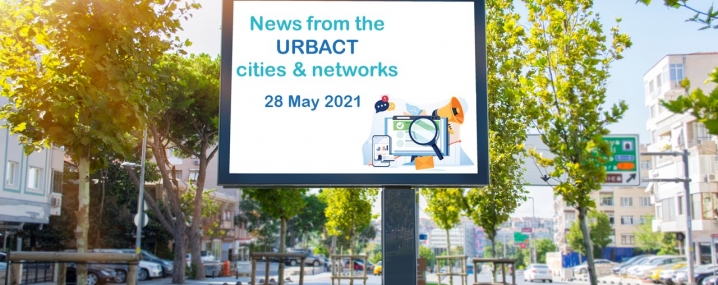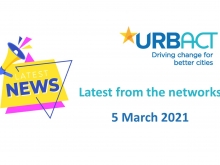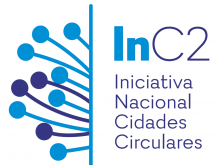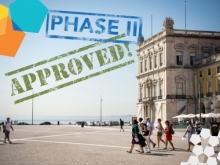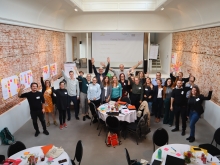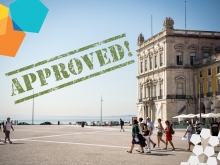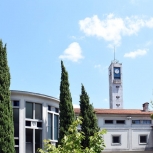
Vila Nova de Famalicao
Famalicão’s territory is defined by a diversified industrial structure resulting from the emergence of new businesses and new jobs occurred in the last decades, for many years with strong specialization and concentration in the textile and clothing industries, but recently extended to other sectors, such as agro-food or metal-mechanics.
It’s the 3rd largest exporter in the country and the 1st in the northern region, with a balance of trade of 901,784M€, and has a strong relation to the global market, external dynamics and influences.
The percentage of the working age population is above the regional and national average and the unemployed rate is reduced. The schooling of the population is still low, with a reduced presence of residents with university education and facing challenges in the areas of education, training and specialization.
In the municipal strategic plan 2014-2025 (Famalicão Visão’25) the vision built with community participation, is intended that by 2025 “Famalicão should be recognized as a global techno-industrial community in a multifunctional green territory” through the reinforcement of territory distinctive values achieved to future values.
The central challenges that guide territory action is to be entrepreneurial in the application of future solutions, a biodiverse territory, a community of excellence, a laboratory of social innovation and a model of friendly governance.
By participating in the Making Spend Matter transfer network, Famalicão seeks to create a more positive impact on society and economy, and also lower the impact on the environment. The municipality intends to implement a sustainable public procurement policy, articulating it with two other important areas in which the municipality is developing projects in partnership with local stakeholders (short distribution circuits and circular economy models).
SOME RELATED NETWORKS
Resourceful Cities
Making Spend Matter
News
News from our networks – 5 March 2021
Article
Portugal launches national URBACT-style initiative for networks of ‘circular cities’
Article
23 Action Planning Networks ready for Phase 2!
Article
Introducing the Resourceful Cities Action Planning Network: Driving citizen centred, resource-based transition in cities across Europe
News

